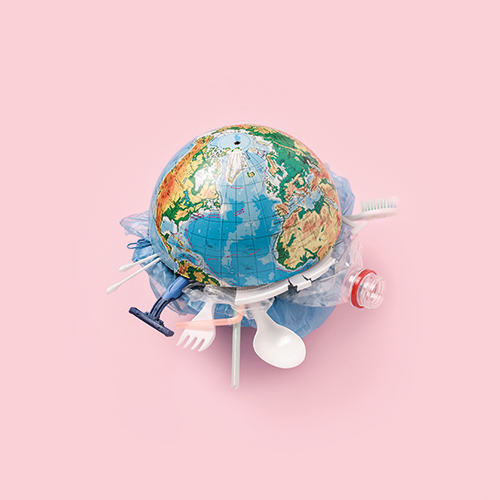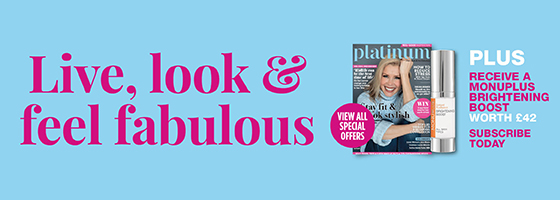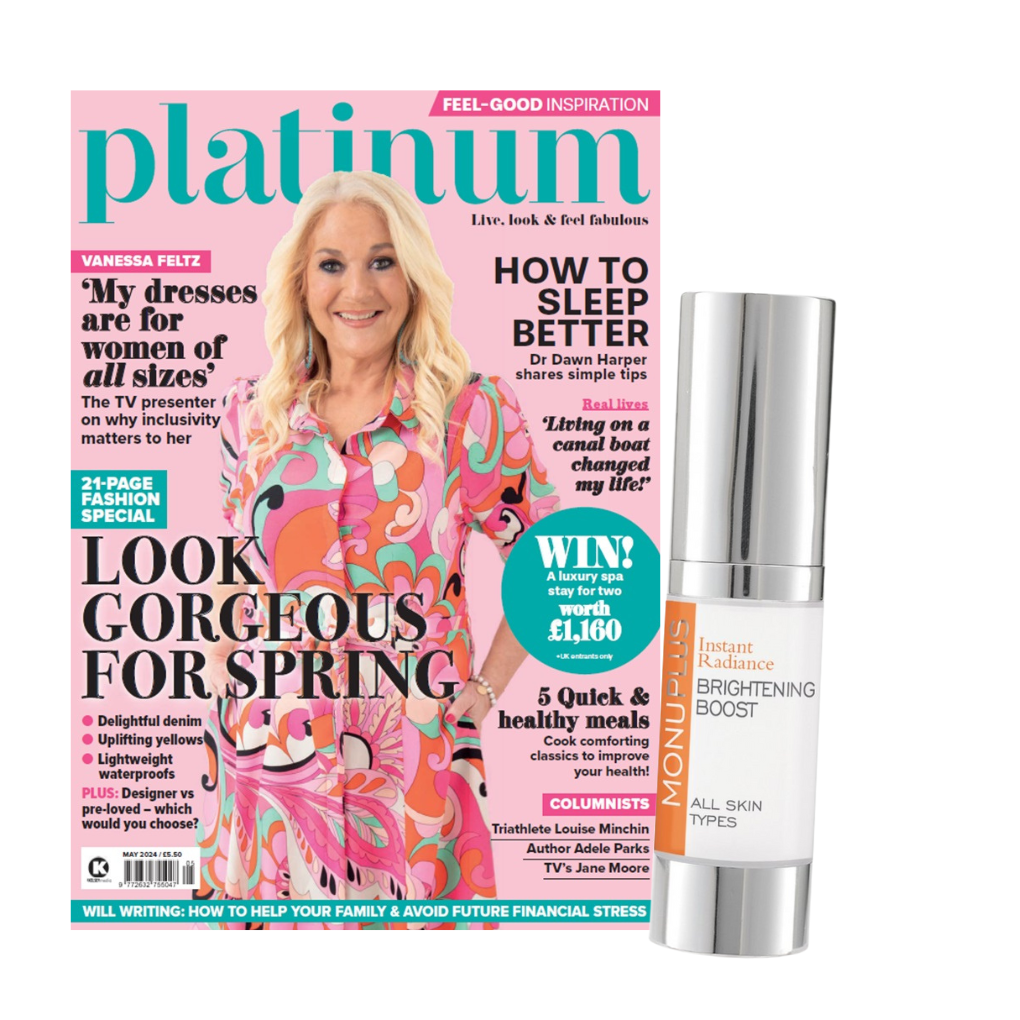In 2019, an estimated five trillion pieces of plastic floating are in our oceans.
In 2016, palaeontologist Jan Zalasiewicz estimated that if we converted all of the plastic humans have created into cling film, there would be enough of it to wrap the world in.

Are you sick of the P word? It’s everywhere. On the news, in the papers, on Facebook, over the dinner table at Barbara’s latest pot luck… But plastics are a real problem, and we know they are.
Here’s the lowdown…
The UK Plastic Pact
In April 2018, the Ellen MacArthur Foundation and The Waste and Resources Action Programme (WRAP) launched the UK Plastics Pact.
It brings together governments, innovators and big businesses like Unilever, Boots and supermarket chains like ASDA, Tesco and M&S, to rally behind the target of eliminating plastics from shelves — and quickly.

Looking forward
By 2025, WRAP aim to eliminate a list of problematic plastic packaging including plastic bags, single use plastic bottles and fruit and veg stickers. Mike Berry, Director of Plan A at M&S, says, “No one business, council, recycler or government department can create a New Plastic Economy alone, “Only a common approach to polymer use, recovery and reuse will deliver the change we need.”
Despite all of the arguments, it is obvious that no one wants to live in a world where they are ingesting plastic with their dinner, or unknowingly killing our environment with hidden plastics in items we use daily.
What can we, as individuals, actually do?
Products to avoid

By the end of the year, the UK Plastics Pact aims to eliminate eight key problem plastics from shelves. Be part of the movement ahead of time and avoid the following products:
- Disposable plastic cutlery.
- All polystyrene packaging.
- Cotton buds with plastic stems.
- Plastic stirrers and straws.
- PVC packaging.
- Disposable plates and bowls.
- Oxo-biodegradables that break down to create micro-plastics.
Take action in simple ways

- Switch to using paper or metal straws for your grandchildren. The Paper Straw Group provide all kinds of designs, sizes and materials.
- Opt for a bar of scented soap instead of a bottle of hand wash. LUSH has an array of options.
- Ditch the cling film for beeswax paper. Try beeswaxwraps.com for high quality products.
- Swap your toothbrush for bamboo. Available at Holland & Barrett.
- Use compostable bin liners in your kitchen. Find these in most supermarkets.
If you want to know more about sustainable shopping and the impact your buying habits have on the environment, visit our Style pages – shopping sustainably is easier that you think.









